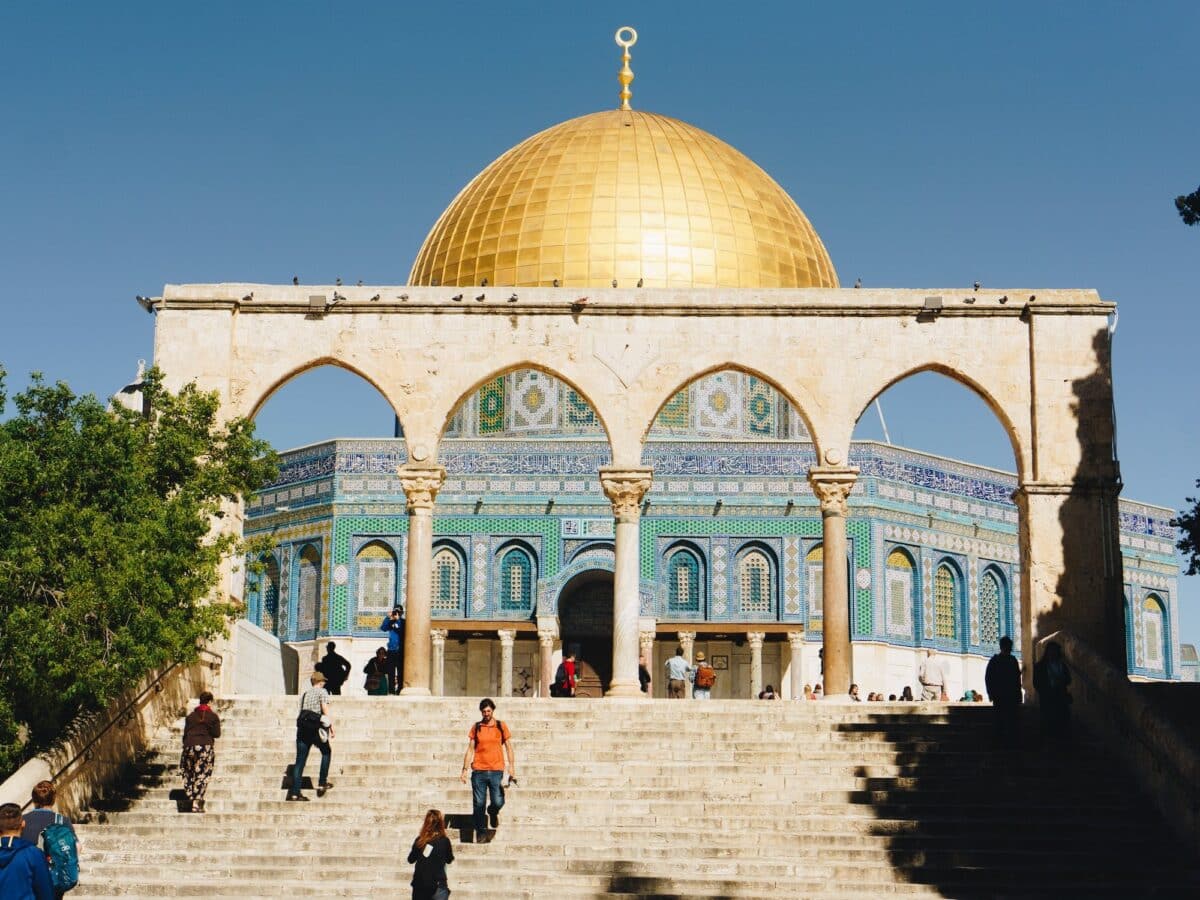Jerusalem: A City of Profound Religious Significance and Ongoing Controversy

Jerusalem, known as al-Quds in Arabic, holds profound significance for Islam, Judaism, and Christianity, yet it also stands as a volatile focal point in the enduring Palestine-Israel conflict.
Islam considers Jerusalem its third holiest site, housing the al-Aqsa mosque, once the qibla for Muslims worldwide. Additionally, the Dome of the Rock, where Prophet Muhammad ascended to heaven, stands within the al-Haram al-Sharif, revered by both Jews and Muslims as the place where Prophet Ibrahim’s sacrifice was divinely intervened.
The history of Jerusalem is marked by its contested ownership and rich archaeological heritage, dating back to around 4000BC. Initially known as Jebusite, it became a significant hub for early Palestinians alongside Philistines.
King David’s invasion in 1000BC fortified the city, and under King Solomon, it emerged as a spiritual center for Jews, Christians, and later, Muslims. Throughout centuries, it witnessed Babylonian conquests, Hellenistic rule by Alexander the Great, and Roman dominion.
Jesus’ birth in Bethlehem near Jerusalem is pivotal in Christian beliefs, with his later crucifixion at a site now known as the Church of the Holy Sepulchre.
Under various empires, including Roman and Byzantine, Jerusalem retained its significance. Muslim conquest in the 7th century introduced a new religious dimension, culminating in the construction of the Dome of the Rock and al-Aqsa mosque.
Crusades in the 11th century brought devastation, with Crusaders’ conquest and subsequent recapture by Muslims. The Ottoman era brought further architectural splendor, notably under Sulayman the Magnificent.
In the 19th century, growing Jewish immigration influenced the city’s demographic landscape. Post-World War I, British forces captured Jerusalem, and in 1917, the Balfour Declaration supported a Jewish homeland. After the war, Jerusalem became the capital of Palestine under British mandate.
The UN partitioned Palestine in 1947, designating Jerusalem an internationally administered city within a projected Arab state. This led to conflict, with the Old City falling to Jewish forces.
In the 20th century, conflicts between Arabs and Jews intensified. In 1949, Jordan annexed the Old City, but Israel declared Jerusalem its capital in 1949, a contentious move. In 1967, Israel captured the Old City in the Six Day War, leading to further tensions. The city remains a focal point of global dispute, subject to numerous UN resolutions. The status of East Jerusalem, regarded by Palestinians as their capital, remains unresolved, making it a complex and sensitive issue.
